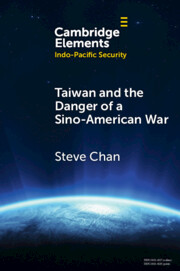The potential withdrawal of the United States from European security commitments has raised questions about the future of nuclear deterrence on the continent. This article explores the feasibility of France assuming the role currently played by the United States in the ‘dual-key’ nuclear sharing arrangements with European NATO members. The analysis is divided into five main sections. The article begins by outlining the strategic context in which this analysis takes place, focusing on the potential withdrawal of the United States from European security commitments and the growing emphasis on the European Union’s strategic autonomy. Against this backdrop, the article first examines France’s technical capabilities to lead a dual-key system in Europe, addressing aspects such as the number of nuclear warheads, delivery vectors, and operational compatibility with European allies. Next, it analyses the political and doctrinal implications of a French-led dual-key system, identifying which aspects of French nuclear doctrine might require revision or could create friction. The article also explores potential forums for nuclear dialogue and coordination, as well as the challenges of harmonising France’s national doctrine with a hypothetical extended framework for dual-key countries. In the third section, the article evaluates the political and security utility of a French-based dual-key system. Finally, it assesses the strategic, operational, and doctrinal implications of shifting from a US nuclear provider to a French one, highlighting both potential benefits and challenges. The findings suggest that, while a French-led dual-key system is technically feasible, significant political obstacles must be overcome for successful implementation.

